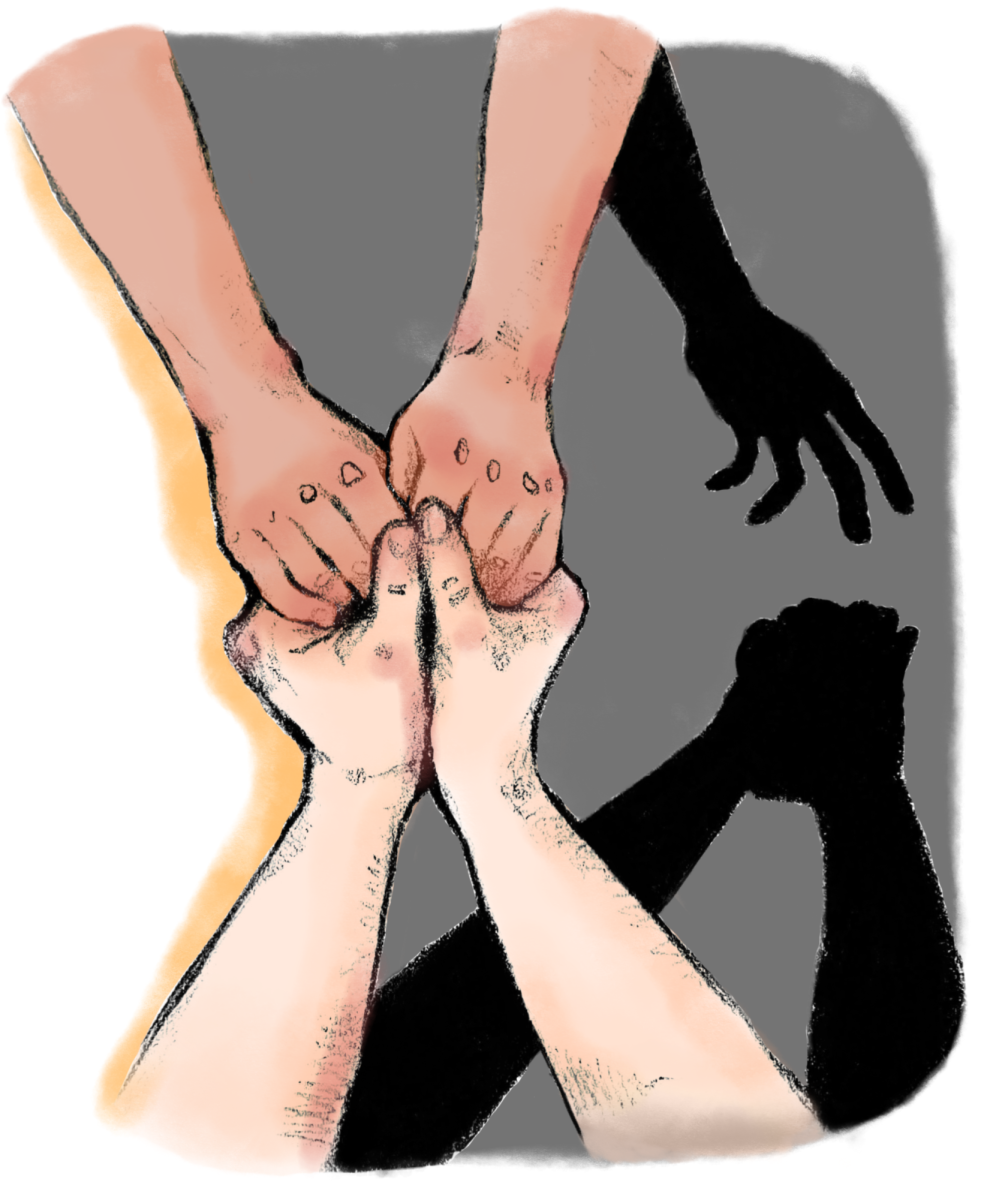The last months have been a moment for student activism.
Approaching the events of the last year as a monolith does the decades of student activists who came before this moment a disservice. Students have rallied for the last century around issues they care about: divestment from apartheid South Africa, military recruiters on campus, and housing policy, just to name a few.
These are just the protests that made it onto the pages of our paper. Everyday, students complete activism to make their lives at Whitman survivable: advocating for institutional change that isn’t big or in the news or especially flashy, but what they need to make their lives livable.
Although opportunities to celebrate student activism, like this year’s 10th Annual Power and Privilege Symposium, are events that have the possibility to promote wider understanding and prompt uncomfortable questions, we do ourselves a disservice if we pretend that all activism can, and should, be packaged to fit a 45 minute session.
This isn’t to disparage the work done by Symposium organizers – they have an incredible amount of work on their plates, and must remain attuned to rapidly shifting political landscape while walking a thin line between challenging the status quo and ensuring the symposium’s future.
The reality is that the majority of activist work never makes it to the public eye. During the Civil Rights movement, activism by Black women was commonly forgotten. In the midst of the #MeToo movement, another group of workers – fast food employees – applied the movement’s objectives to their workplaces.
It is easy to bemoan our current moment and argue that nothing is happening. But, I would ask what is the something you were looking for?
Yes, student activists have been unsuccessful in their demands for divestment in the last few months. There’s no denying that.
The protests of the fall marked a new chapter for student activism at Whitman, one not seen since the 1980s, when the student body rallied, sat in, and made similar demands that the college divest from apartheid South Africa.
In the countless interviews I’ve conducted and read, today’s students are very clear that no matter the success or failure of their movement, what’s important is that they lay the groundwork for generations of future students to follow. They understand that student activism has tangible implications on College decision making, regardless of the initial outcome.
In my time at Whitman, I’ve seen student activism be successful in other ways. In my first year, students and alumni rallied to promote Whitman’s liberal arts model over an increasingly science-heavy and technical curriculum following a major financial review. In those moments, a common method of student activism – declaring early to indicate interest in at-risk departments – was taken away. Students declared anyway, signing declaration of major forms and submitting them to the Registrar’s office.
Giving preferential treatment to activist movements that receive publicity further serves to make invisible the work done by others. The Wire is not immune to this problem – we report on what we see, what can be shared, and what community members will speak on. We do our best, and appreciate the grace, support and encouragement we receive. Student newspapers are the archive, and it’s because of our sources, the students, staff, faculty and countless others who talk to us, that we build reporting that is hopefully referenced in a future moment.
Things change because students advocate. It’s a simple statement made complicated in its execution.


